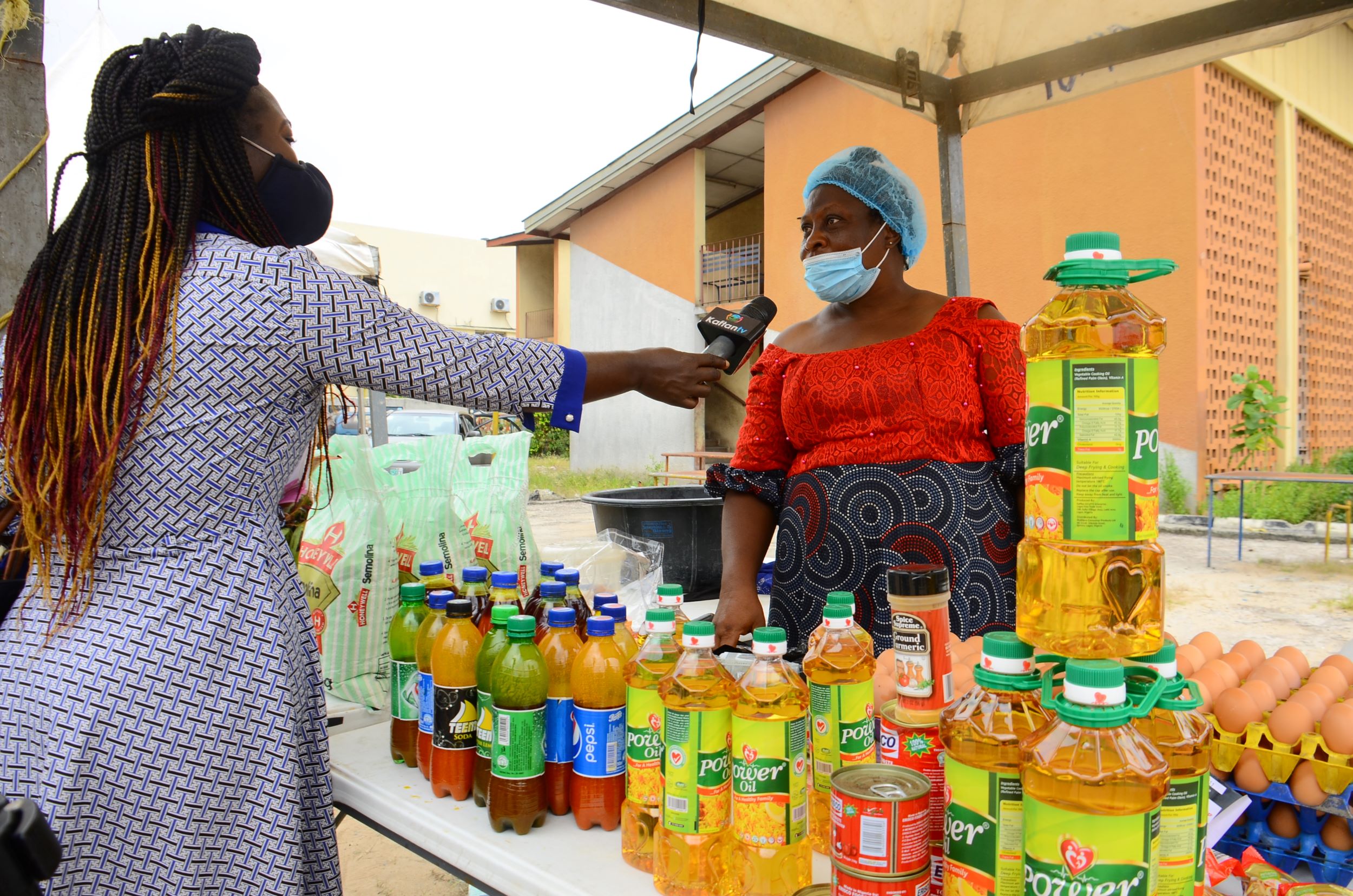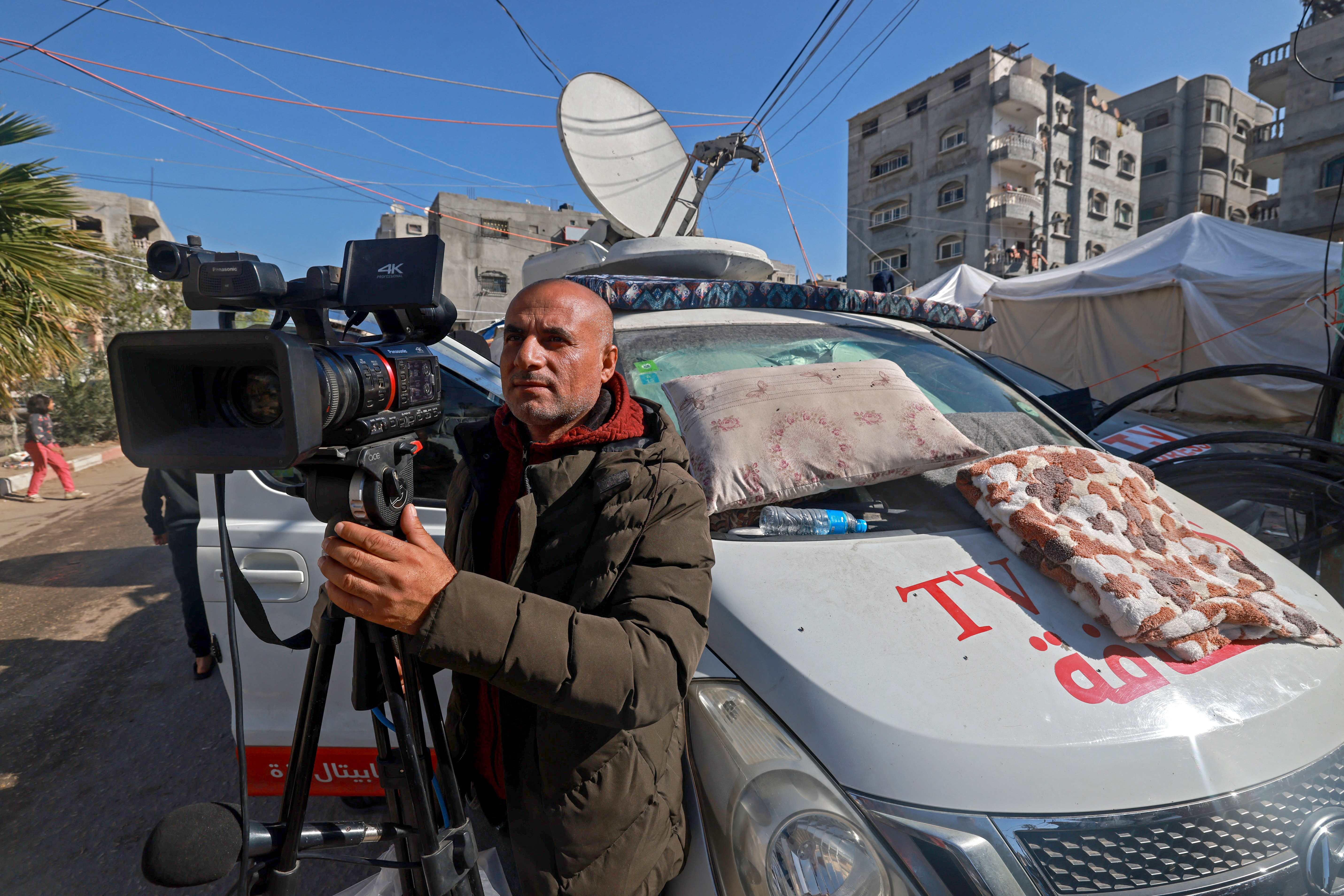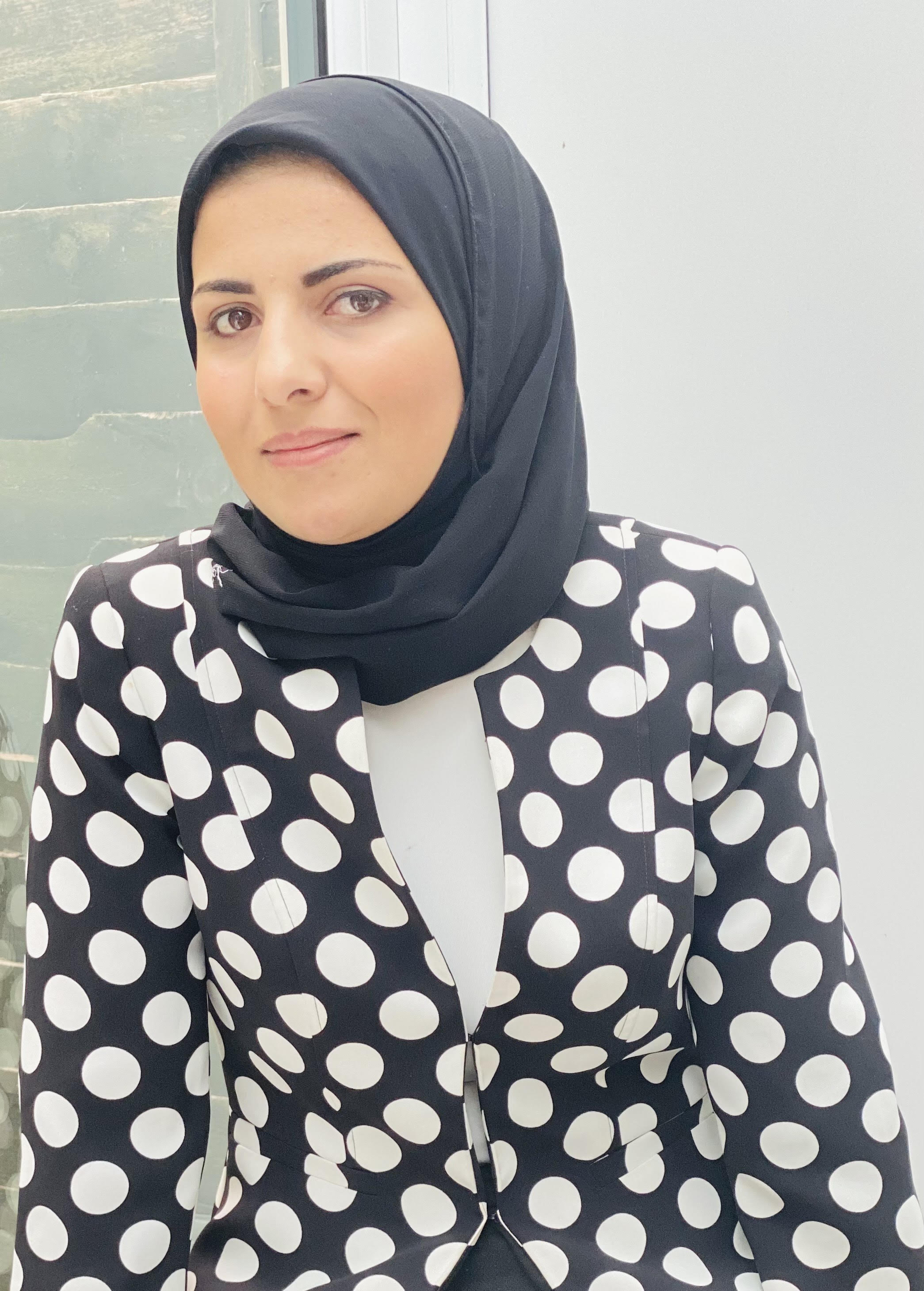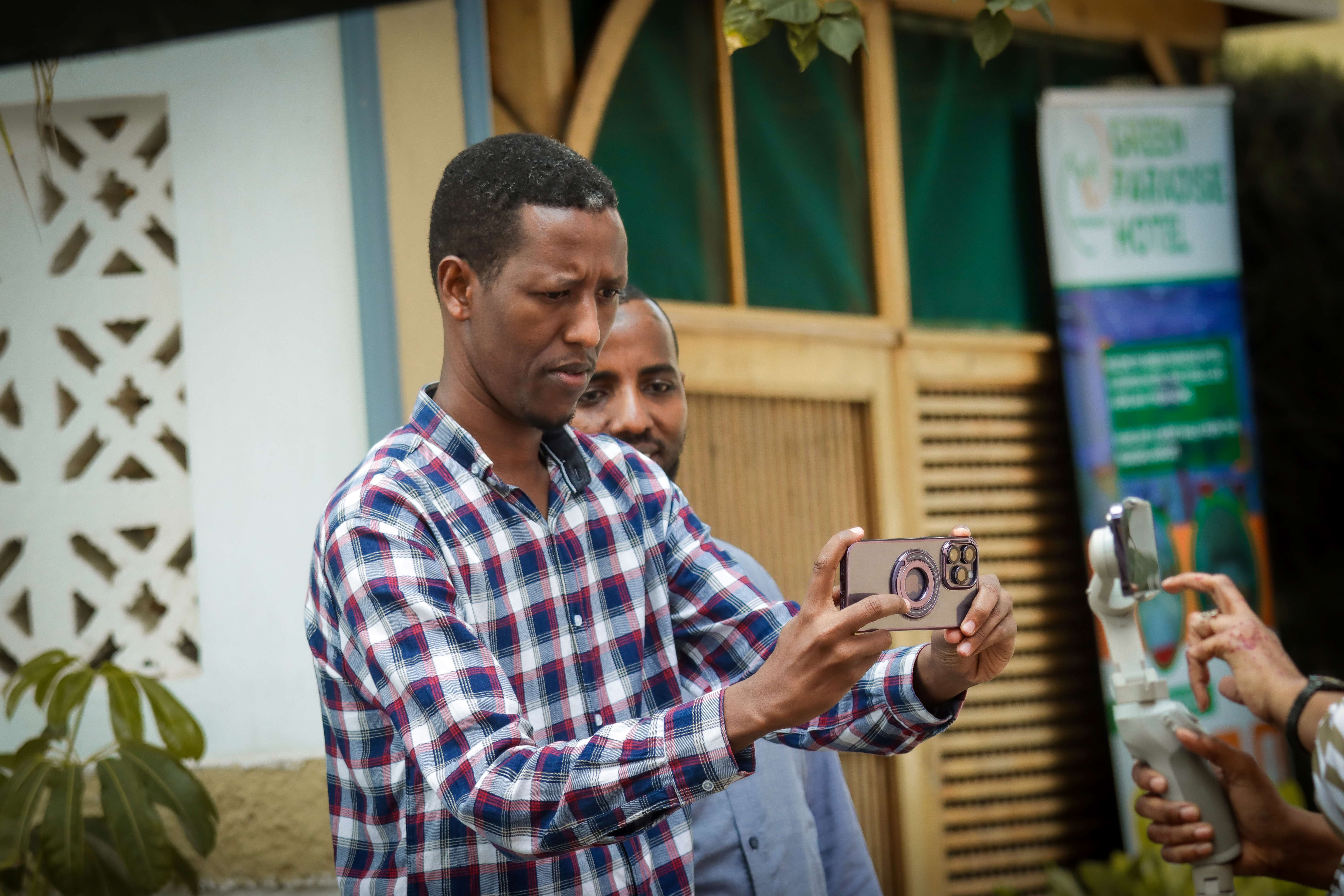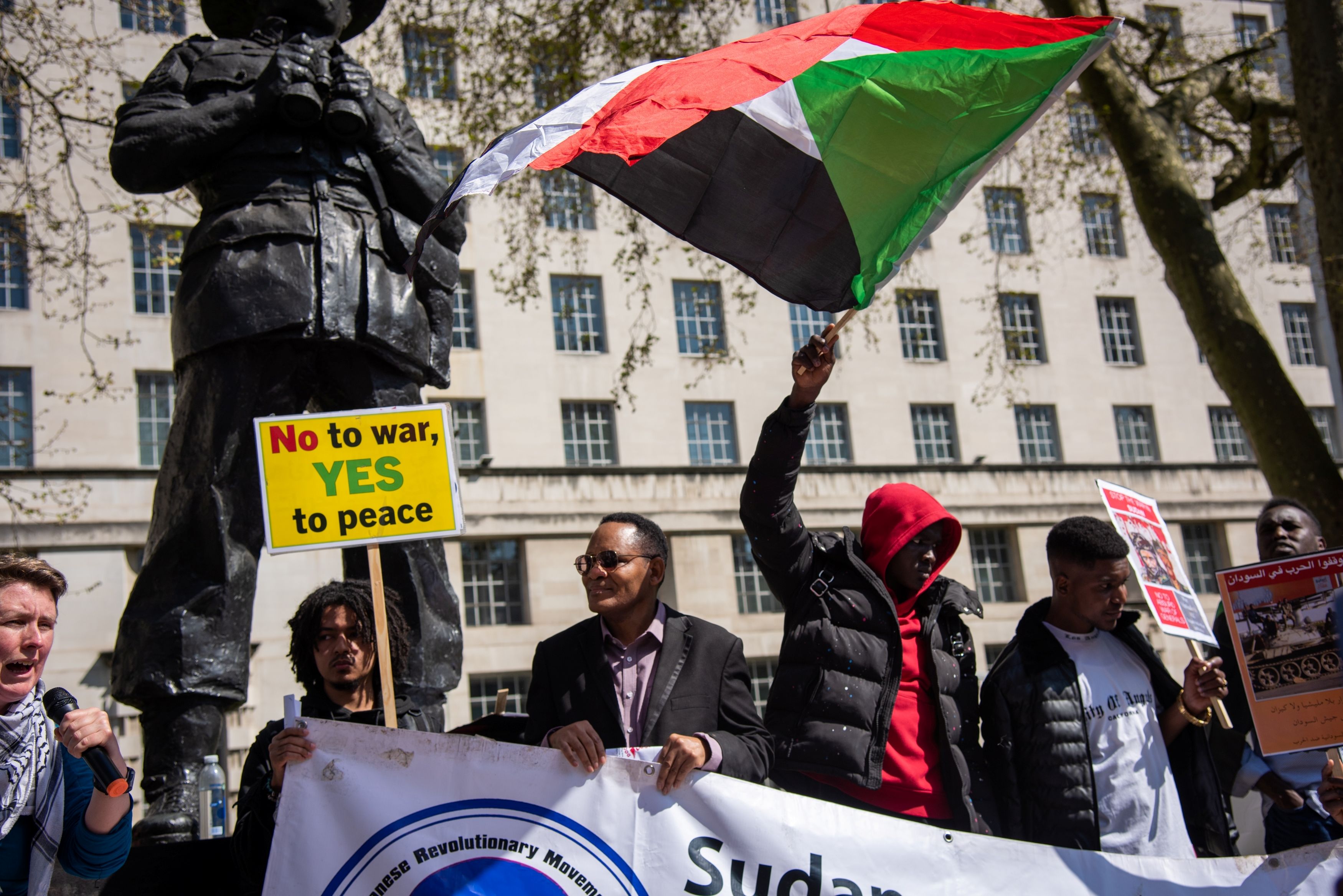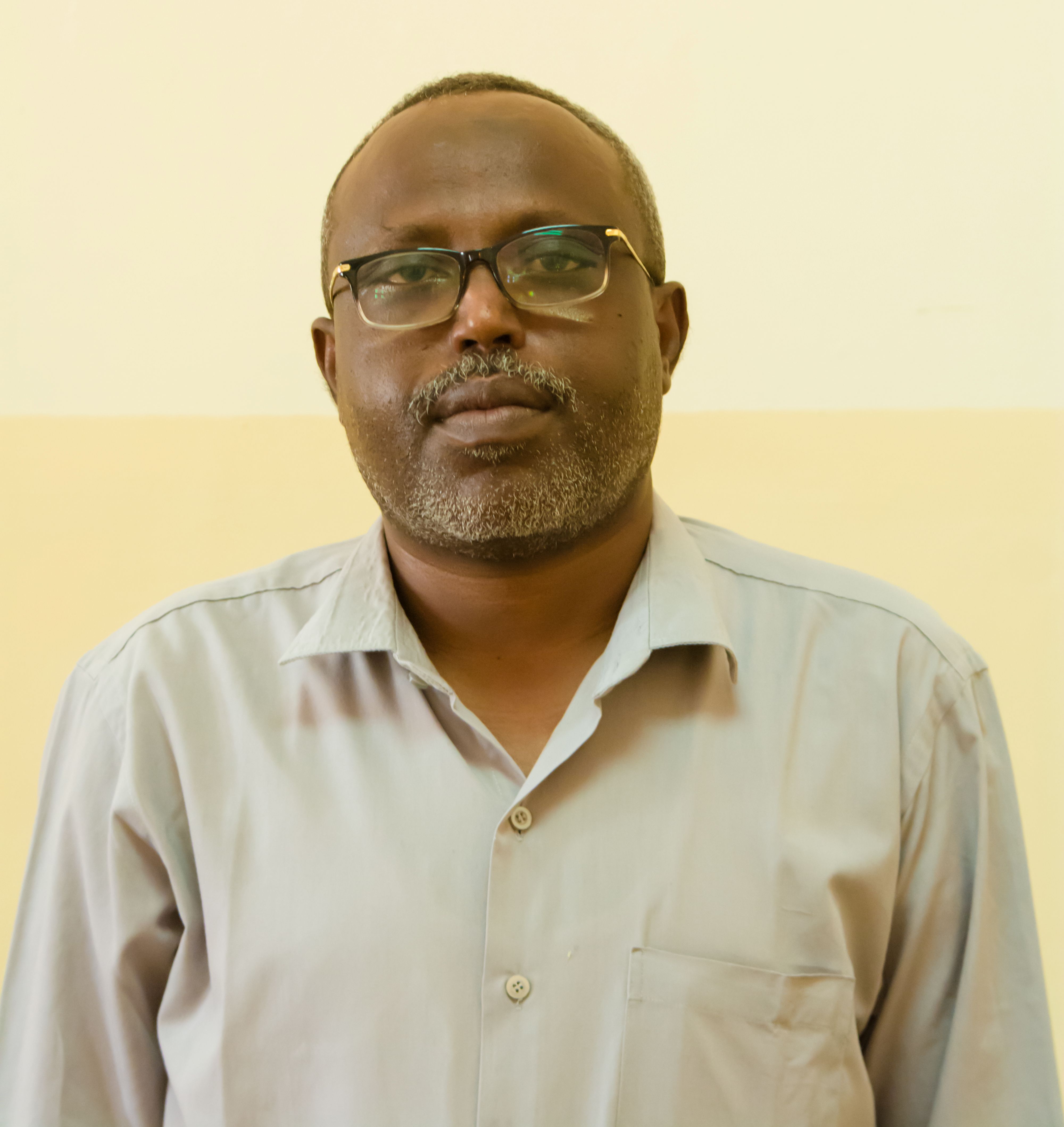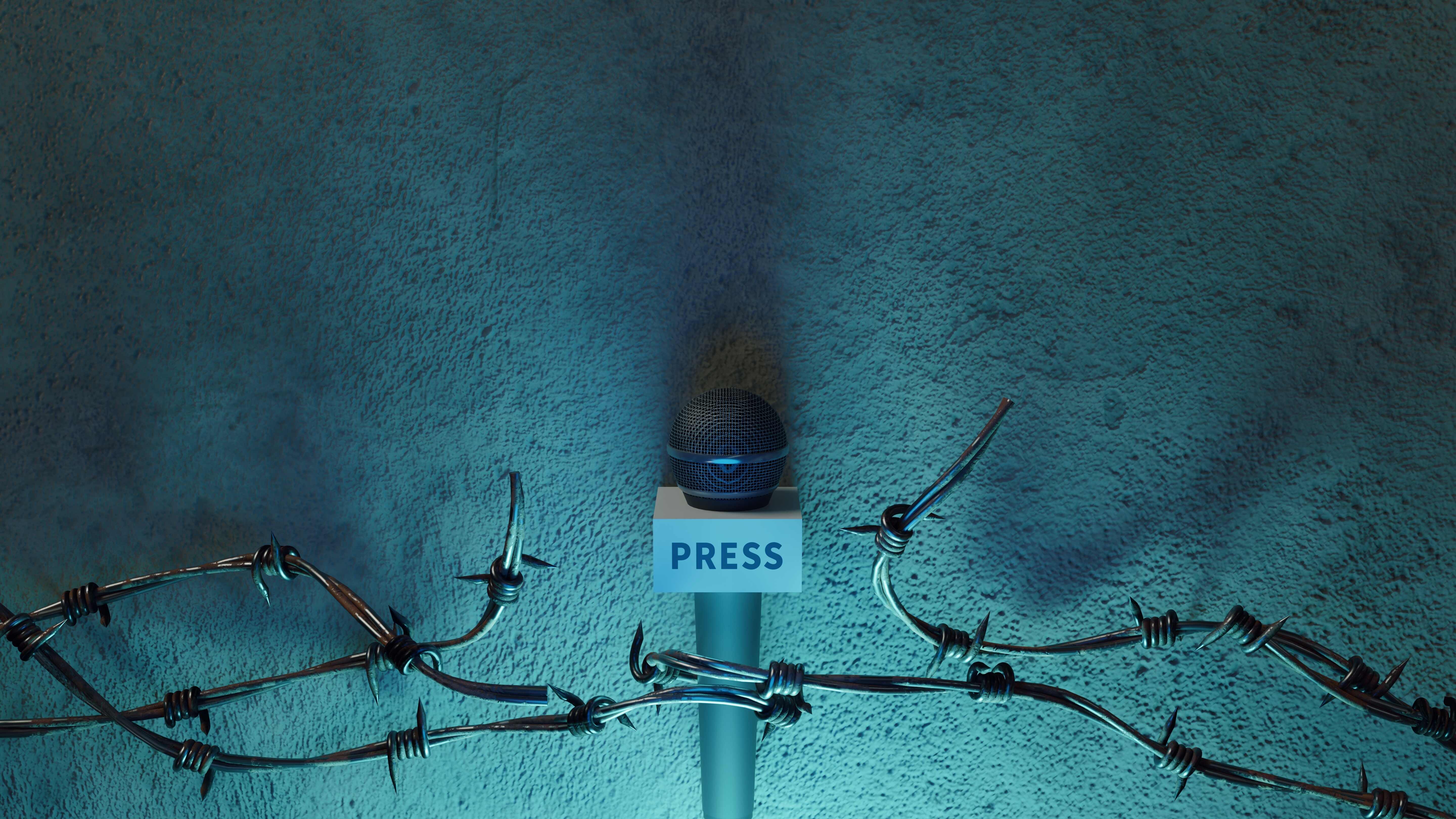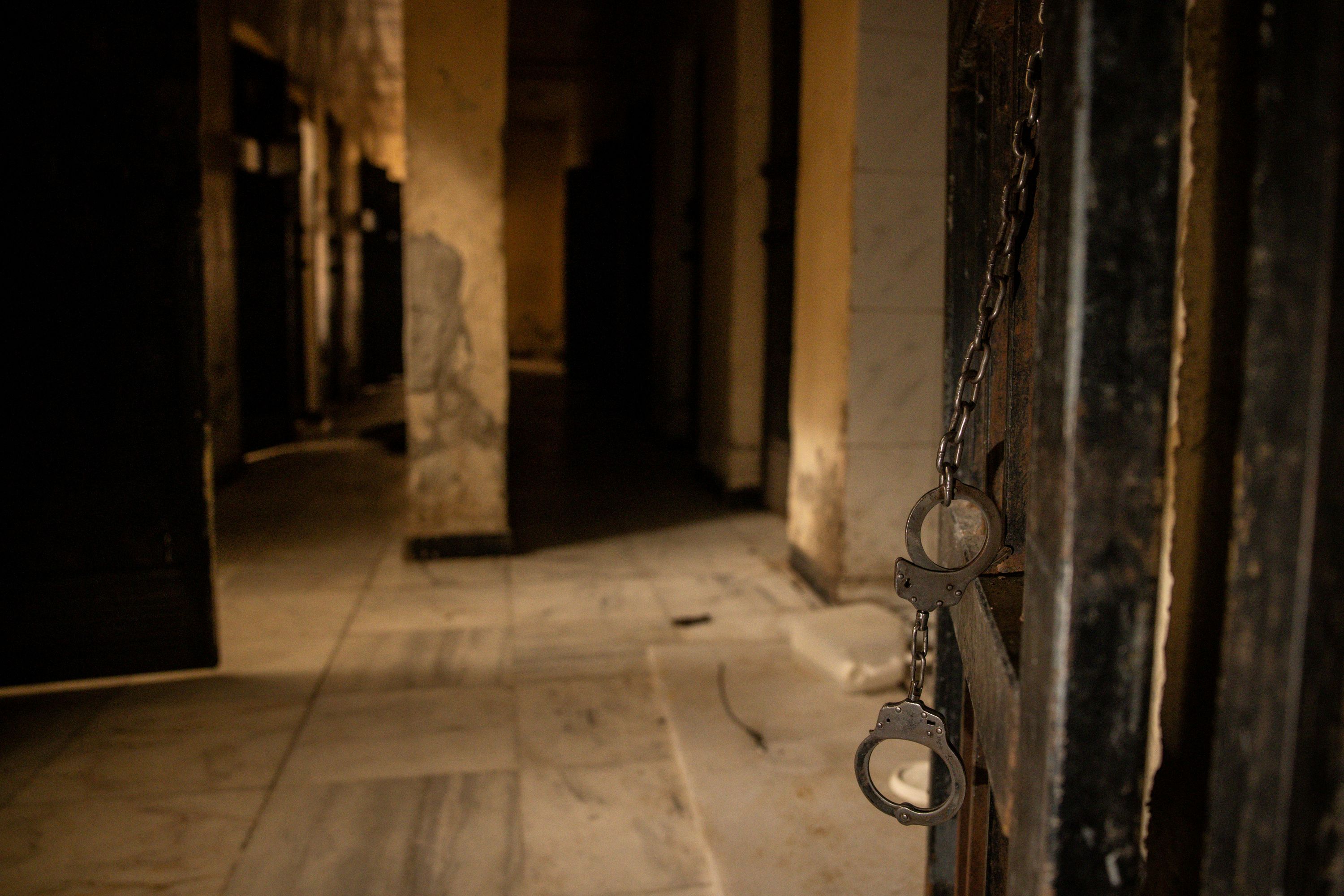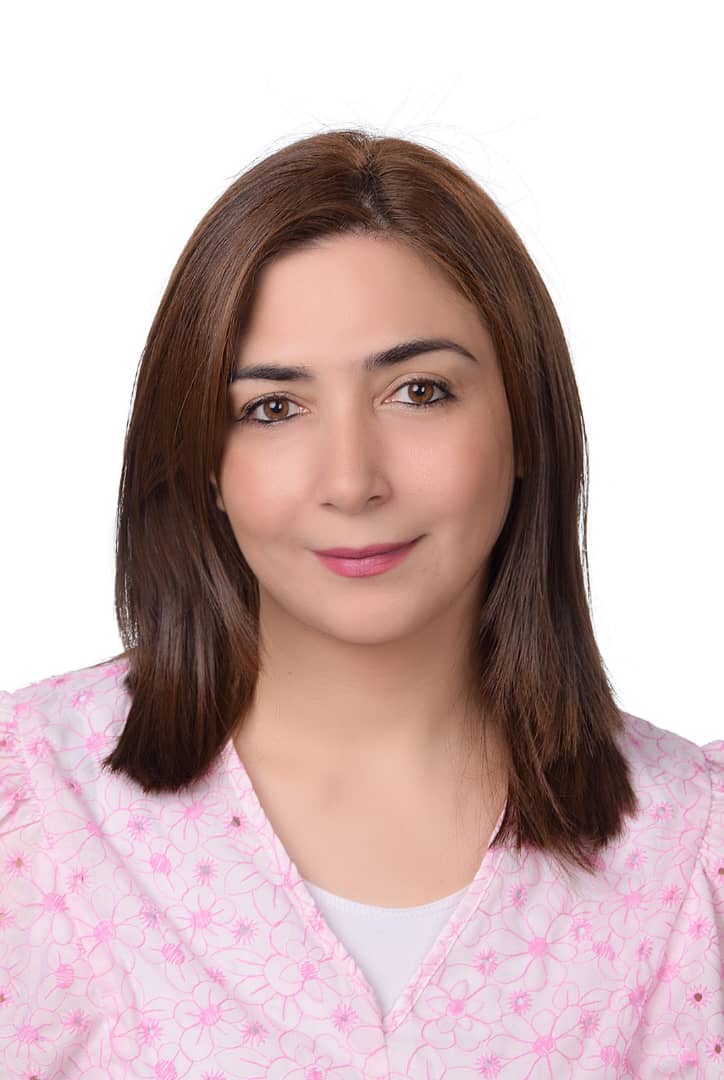Well over half of women journalists in Africa have been subjected to sexual harassment, abuse or victimisation in news rooms. It’s time to crack down
In mid-November, I asked two dozen of my female peers in news organisations across sub-Saharan Africa what their greatest challenge working in the newsroom was. About 90 percent told me it was sexual harassment from male colleagues.
In fact, everyone who said she had experienced sexual harassment also mentioned being harassed by more than one man and that there were other women in the newsroom who had similar experiences. "Where I work, sexual harassment has become a culture and everyone expects that a man should be able to touch a woman he's attracted to whether or not it is appropriate," a 23-year-old Nigerian journalist said of the situation at her place of work.
A 25-year-old Kenyan female journalist who only recently joined a newspaper organisation spoke of a similar culture in the newsroom: "The men are fond of sexually harassing women verbally in a way that keeps us so uncomfortable, yet they laugh about it and make it seem like it is normal."
The issue of sexual harassment in newsrooms in Africa is something that's not often talked about. Yet it's huge and even growing with few or no checks. The problem is made worse by the fact that there has been a lack of credible data and research to guide interventions.
In 2020, Women in News, a global organisation focused on gender equality, carried out a survey on sexual harrassment in the media that was completed by 584 participants in eight sub-Saharan Africa countries and conducted 32 in-depth interviews with managers and executives. Its findings showed that more than half of women had experienced verbal harassment while 38 percent experienced physical harassment, with the perpetrators being fellow employees (38 percent), direct supervisors (22 percent) and external news sources (17 percent). Nearly half of participants reported witnessing sexual harassment, with some stating that they had seen five or more incidents.
Truth be told, sexual harrassment isn't just peculiar to newsrooms in Africa, it's a global problem. In fact, a 2013 study by the International Women’s Media Foundation (IWMF) found that almost two-thirds of the female journalists polled had been sexually harassed or abused (including verbal abuse, intimidation and physical violence) on the job and most victims never discussed what happened.
But a lot has unfolded elsewhere in the world since the IWMF report was published nine years ago, with many victims emboldened to report sexual harassment and abuse especially in the wake of the #MeToo movement and the Harvey Weinstein scandal.
In the United States, a number of men in leadership positions at prominent news outlets have fallen in the last five years. In the UK, the BBC announced it was investigating more than two dozen sexual harassment claims after corporation leaders encouraged employees to come forward in the aftermath of the Weinstein scandal. More recently, a former Al Jazeera presenter was dismissed for sexual harassment after just one month in a new TV job in New Zealand.
While this sort of discrimination, abuse and violence takes place against women journalists across the globe, however, the problem of sexual harassment within African news rooms must also be addressed urgently.
Despite the psychological and mental trauma sexual harassment brings, survivors in Africa are hardly encouraged to step forward. To make matters worse, news organisations are failing to make the ending of sexual harassment in news rooms a top priority.
Sexual harassment thrives in media organisations across the continent because of a lack of tough policies in place to stop it from happening. Here in Nigeria, where I live and work, few media houses have a dedicated anti-sexual harassment policy.
I asked the heads of five news organisations in the country if they had any and only one responded in the affirmative. None of the 15 journalists from 10 media organisations I spoke with in Nigeria said they had ever heard of an anti-sexual harassment policy in their organisation. In the Women in News sexual harassment survey, only 53 percent of participants said they were aware of the policy at their workplace. And even fewer - 17 percent - were aware of what was contained in the policy if there was one.
Another reason that survivors don't often report their experiences, as many victims have told me, is that they fear it could harm their reputation and impact negatively on their job. Many worry that speaking out could lead to retribution or they could experience further trauma if they come forward.
Furthermore, news organisations are dominated by male executives and this can sometimes be a problem for women who suffer sexual harassment. In Nigeria, for example, the vast majority of chief executives of newspaper organisations are men. Many survivors have said they would feel more comfortable reporting sexual harassment if their bosses were women.
To deal with this problem, news organisations must come up with policies that clearly and strongly act against perpetrators of sexual harassment. These policies must extensively define sexual harassment and state safe ways of reporting the issue. They must also outline how the issue will be addressed after complaints are made and what punishments will be handed to the perpetrators. There is a need for staff in newsrooms to receive regular training and for survivors to receive all the support they need without stigma or shame. Even more important - women must be trusted to lead news organisations.
Female journalists themselves have a role to play. They must ensure that they check out sexual harassment guidelines at their workplace and encourage their female colleagues to do the same. If their organisations have no system in place for reporting sexual harassment, they need to lobby their bosses to create one. Importantly, they need to seek women's rights advocates and legal advisors who will help fight their cause should the need arise.
Philip Obaji Jr is an investigative journalist based in Nigeria
The views expressed in this article are the author’s own and do not necessarily reflect Al Jazeera Journalism Review’s editorial stance
